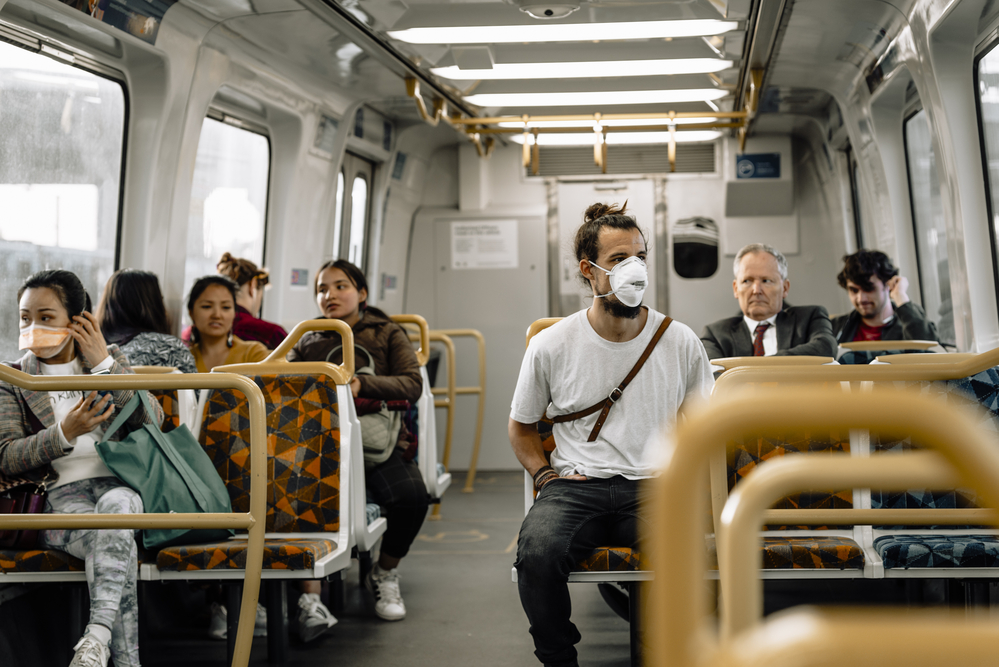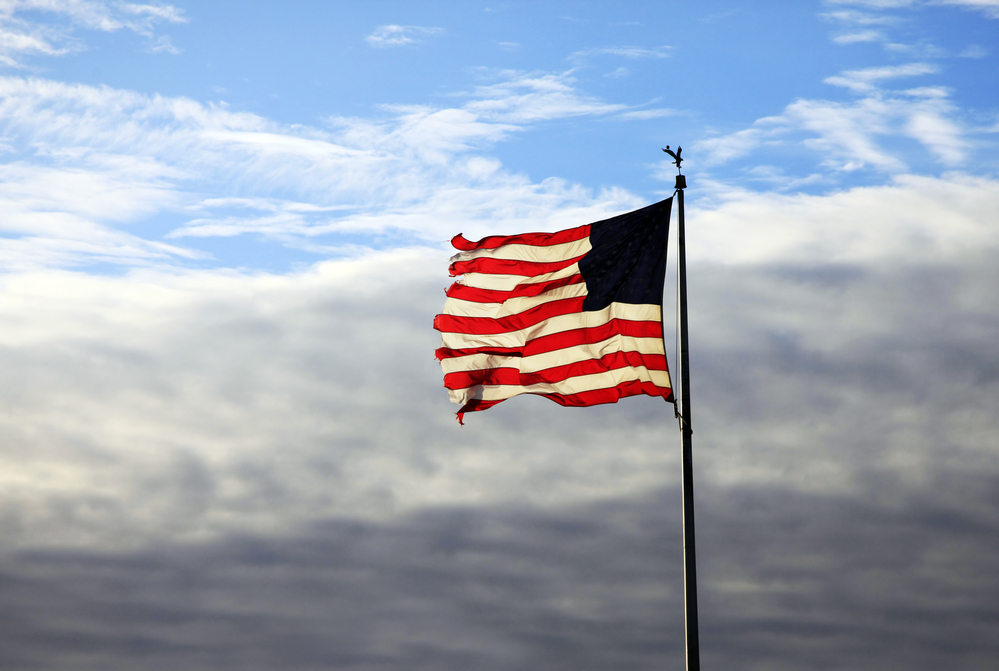Recently, Daniel Burkett argued here at The Prindle Post that many people in the United States have a good reason to conscientiously abstain from receiving a booster-dose of the COVID-19 vaccine until others around the world have had a fair chance to get their initial shots. As Burkett explains, as is often the case with limited resources, the Global North has received a disproportionately high amount of the various vaccines recently developed to combat the global pandemic; for multiple reasons, ranging from duties of international care to utilitarian calculations of good-maximization to pragmatic concerns about potential virus mutations, Burkett contends that many of us have positive obligations to forgo our third jab. According to Burkett, “By refraining from taking the COVID-19 booster — at least until those in poorer nations have had the opportunity to receive their initial vaccine — we send a clear message to our governments that we will not partake in ill-gotten gains.”
Certainly, Burkett is right to identify the problem of global vaccine disparity for what it is: an injustice born from centuries of preferential treatment and abuse. In many ways, those of us in rich countries harbor obligations to reconsider how our privileged positions affect the citizens of poorer nations. So, I do not aim to disagree here with what I take Burkett’s main point to be: namely, that the COVID-19 vaccine (along with, to be frank, plenty of other things) should be made more readily available to people living outside the borders of the U.S., U.K., and EU.
I just think that a booster shot boycott is not, on its own, sufficient to provoke such a change.
For example, my current home state of Arkansas made headlines last summer when 80,000 doses of its vaccine stock expired before being administered. Despite the vaccine being readily available for months, Arkansas was evidencing one of the lowest state-wide vaccine rates in the country with just barely over a third of the population counting as “fully vaccinated.” According to CDC data, as of November 23rd, Arkansas (along with nine other states) has still not broken the halfway point to full-vaccination status for its nearly-three-million citizens. Despite pleas from the governor, local doctors, and the families of those affected by the disease, many people in Arkansas have simply refused to take advantage of the opportunity to protect themselves and their community from the novel coronavirus that has shaped so much of the last two years of our lives.
So, let’s imagine that someone in Arkansas grows convinced that the global vaccine supply chain is importantly unjust and therefore elects to forgo their booster shot as a form of protest: how might the state’s governor interpret such a choice? Even if large numbers of people join together and do this, without some clear kind of messaging or explanation defending their rationale for the boycott, it seems likely that the governor and other officials will simply believe that low booster-shot rates are additional symptoms of the already-clear problem of vaccine hesitancy in general — not that anyone is, say, protesting Moderna’s business practices. And I think similar interpretations would hold around the country, given the wide-ranging difficulties we’ve seen promoting vaccine uptake over the last few months.
That is to say, in order for a booster shot boycott to be effective at actually helping people in other countries receive the vaccine, it not only needs to be sufficiently large enough so as to attract the attention necessary to provoke action, but it needs to be clearly articulated in terms that will be relevant to the policy-makers who hold the power to affect the desired changes. At present, one key problem for global vaccine distribution involves the legal protections for pharmaceutical intellectual property; without considerable coordinated effort, it’s not clear how anyone’s individual choice to abstain from a third shot will make a difference on whether or not Pfizer or Johnson & Johnson choose to give up potential corporate profits for the sake of global well-being (or, conversely, for governments to force them to do so).
In short, in order for boycotts to be effective, they must operate within a robust sense of community engagement akin to how philosopher John Dewey understood participatory democracy to function in general. According to Dewey, democracies are not simply governments structured via the institution of citizens’ periodic voting, but manifest via the regular interaction of well-informed people sharing ideas, confronting problems, and encouraging each other to work together to develop solutions; as he says in his 1916 book Democracy and Education, “a democracy is more than a form of government; it is primarily a mode of associated living, of conjoint communicated experience.” Without explicitly communicating the motivations for the boycott — perhaps by organizing loudly and publicly around the kinds of institutional challenges regarding booster shot limitations levied by WHO Director General Tedros Adhanom Ghebreyesus — it’s unlikely that the potential boycott could substantively contribute to its intentions being actualized precisely because the other agents in our democracy would fail to realize the “mode of living” out of which the action stems.
And this is all bracketing the important question about the long-term efficacy of “full vaccination” status without a later booster: particularly with the still-live threat of breakthrough infections and high rates of unvaccinated individuals in local communities, the wisdom of a booster shot boycott should also be measured against its potential contribution to already-concerning winter forecasts.
In any case, while political activity can take many forms, misinterpretations of one’s political choices is always a risk that political agents face — preparing for and mitigating such possibilities is an important part of political organization. Without doing that kind of collective work, we wouldn’t be “protesting global injustice” by individually boycotting our booster shots; in fact, it’s not clear that we’d be communicating anything at all.



